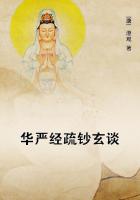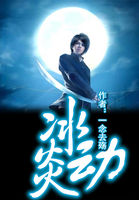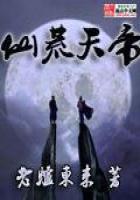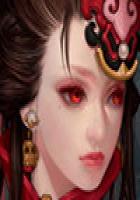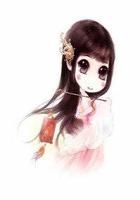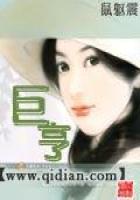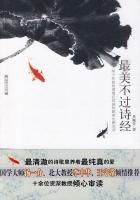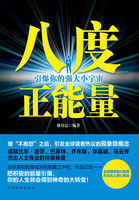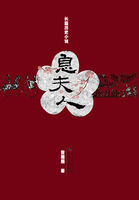I am forced to make these remarks to show that the Mediaeval peasant was not necessarily miserable because he was ignorant, or isolated, or poor. In so doing I may excite the wrath of some who think a little knowledge is not a dangerous thing, and may appear to be throwing cold water on one of the noblest endeavors of modern times. But I do not sneer at education. I only seek to show that it will not make people happy, unless it is directed into useful channels; and that even ignorance may be bliss when it is folly to be wise. A benevolent Providence tempers all conditions to the necessities of the times. The peasantry of Europe became earnest and stalwart warriors and farmers, even under the grinding despotism of feudal masters. With their beer and brown bread, and a fowl in the pot on a Sunday, they grew up to be hardy, bold, strong, healthy, and industrious. They furnished a material on which Christianity and a future civilization could work. They became patriotic, religious, and kind-hearted. They learned to bear their evils in patience. They were more cheerful than the laboring classes of our day, with their partial education,--although we may console ourselves with the reflection that these are passing through the fermenting processes of a transition from a lower to a higher grade of living. Look at the picture of them which art has handed down: their faces are ruddy, genial, sympathetic, although coarse and vulgar and boorish. And they learned to accept the inequalities of life without repining insolence. They were humble, and felt that there were actually some people in the world superior to themselves. I do not paint their condition as desirable or interesting by our standard, but as endurable. They were doubtless very ignorant; but would knowledge have made them any happier? Knowledge is for those who can climb by it to positions of honor and usefulness, not for those who cannot rise above the condition in which they were born,--not for those who will be snubbed and humiliated and put down by arrogant wealth and birth. Better be unconscious of suffering, than conscious of wrongs which cannot be redressed.
Let no one here misunderstand and pervert me. I am not exalting the ignorance and brutality of the feudal ages. I am not decrying the superior advantages of our modern times. I only state that ignorance and brutality were the necessary sequences of the wars and disorders of a preceding epoch, but that this very ignorance and brutality were accompanied by virtues which partially ameliorated the evils of the day; that in the despair of slavery were the hopes of future happiness; that religion took a deep hold of the human mind, even though blended with puerile and degrading superstitions; that Christianity, taking hold of the hearts of a suffering people, taught lessons which enabled them to bear their hardships with resignation; that cheerfulness was not extinguished;and that so many virtues were generated by the combined influence of suffering and Christianity, that even with ignorance human nature shone with greater lustre than among those by whom knowledge is perverted. It was not until the evil and injustice of Feudalism were exposed by political writers, and were meditated upon by the people who had arisen by education and knowledge, that they became unendurable; and then the people shook off the yoke. But how impossible would have been a French Revolution in the thirteenth century! What readers would a Rousseau have found among the people in the time of Louis VII.? If knowledge breaks fetters when the people are strong enough to shake them off, ignorance enables them to bear those fetters when emancipation is impossible.
The great empire of Charlemagne was divided at his death (in A. D.
814) among his three sons,--one of whom had France, another Italy, and the third Germany. In forty-five years afterwards we find seven kingdoms, instead of three,--France, Navarre, Provence, Burgundy, Lorraine, Germany, and Italy. In a few years more there were twenty-nine hereditary fiefs. And as early as the tenth century France itself was split up into fifty-five independent sovereignties; and these small sovereignties were again divided into dukedoms and baronies. All these dukes and barons, however, acknowledged the King of France as their liege lord; yet he was not richer or more powerful than some of the dukes who swore fealty to him. The Duke of Burgundy at one time had larger territories and more power than the King of France himself. So that the central authority of kings was merely nominal; their power extended scarcely beyond the lands they individually controlled. And all the countries of Europe were equally ruled by petty kings. The kings of England seem to have centralized around their thrones more power than other European monarchs until the time of the Crusades, when they were checked, not so much by nobles as by Act of Parliament.
Now all Europe was virtually divided among these petty sovereigns, called dukes, earls, counts, and barons. Each one was virtually independent. He coined money, administered justice, and preserved order. He ruled by hereditary right, and his estate descended to his oldest son. His revenues were derived by the extorted contributions of those who cultivated his lands, and by certain perquisites, among which were the privilege of wardship, and the profits of an estate during the minority of its possessor, and reliefs, or fines paid on the alienation of a vassal's feud; and the lord could bestow a female ward in marriage on whomever he pleased, and on her refusal take possession of her estate.

